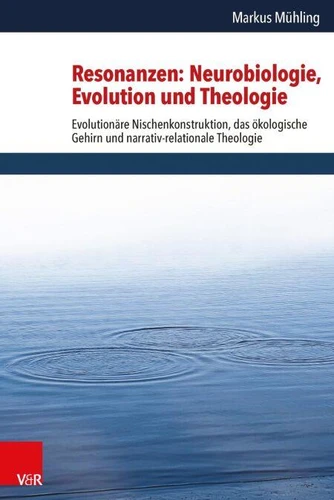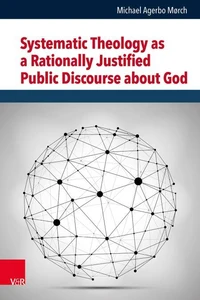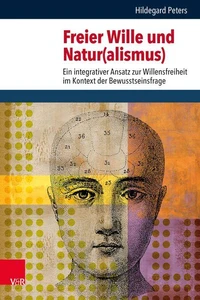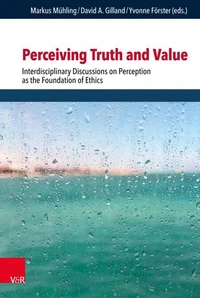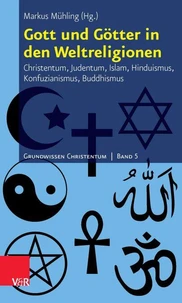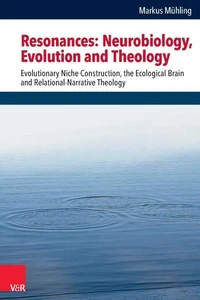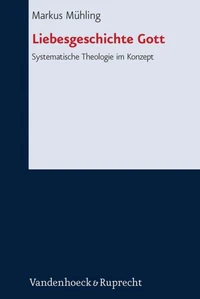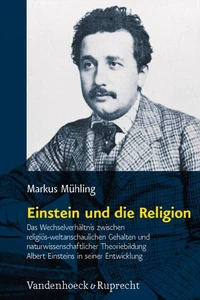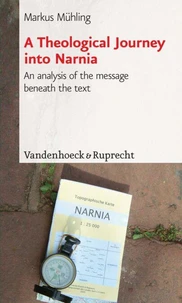Resonanzen: Neurobiologie, Evolution und Theologie. Evolutionäre Nischenkonstruktion, das ökologische Gehirn und narrativ - relationale Theologie
Par :Formats :
Disponible dans votre compte client Decitre ou Furet du Nord dès validation de votre commande. Le format PDF est :
- Compatible avec une lecture sur My Vivlio (smartphone, tablette, ordinateur)
- Compatible avec une lecture sur liseuses Vivlio
- Pour les liseuses autres que Vivlio, vous devez utiliser le logiciel Adobe Digital Edition. Non compatible avec la lecture sur les liseuses Kindle, Remarkable et Sony
 , qui est-ce ?
, qui est-ce ?Notre partenaire de plateforme de lecture numérique où vous retrouverez l'ensemble de vos ebooks gratuitement
Pour en savoir plus sur nos ebooks, consultez notre aide en ligne ici
- Nombre de pages291
- FormatPDF
- ISBN978-3-647-57046-4
- EAN9783647570464
- Date de parution18/04/2016
- Protection num.pas de protection
- Taille3 Mo
- Infos supplémentairespdf
- ÉditeurVandenhoeck & Ruprecht
Résumé
This book presents an epistemological theory of revelation as perception and a relational-narrative theological ontology based on the concept of dramatic coherence, in which the triune life is understood not as an anomaly within ontology, but rather as the decisive condition of its possibility. It further demonstrates that potential for resolving certain theological problems arises if new insights from the natural sciences, such as the theory of the ecological brain in the neurosciences and the theory of niche-construction in evolutionary theory, are taken into account.
Similarly, it also proposes that neuroscience and evolutionary biology can procure advantages from a dialogue with theology by considering the conceptual implications stemming from a phenomenological approach and relational-narrative ontology.
Similarly, it also proposes that neuroscience and evolutionary biology can procure advantages from a dialogue with theology by considering the conceptual implications stemming from a phenomenological approach and relational-narrative ontology.
This book presents an epistemological theory of revelation as perception and a relational-narrative theological ontology based on the concept of dramatic coherence, in which the triune life is understood not as an anomaly within ontology, but rather as the decisive condition of its possibility. It further demonstrates that potential for resolving certain theological problems arises if new insights from the natural sciences, such as the theory of the ecological brain in the neurosciences and the theory of niche-construction in evolutionary theory, are taken into account.
Similarly, it also proposes that neuroscience and evolutionary biology can procure advantages from a dialogue with theology by considering the conceptual implications stemming from a phenomenological approach and relational-narrative ontology.
Similarly, it also proposes that neuroscience and evolutionary biology can procure advantages from a dialogue with theology by considering the conceptual implications stemming from a phenomenological approach and relational-narrative ontology.

